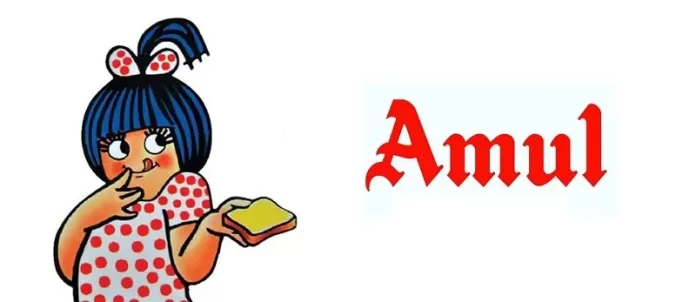Amul milk is consumed across India. Whether it’s ginger tea or a rich dessert like cashew, almond, and pistachio kheer, milk is essential for their preparation. And this need is easily fulfilled by Amul milk. Hence, whenever there is a change in its prices, it becomes big news for the public, as it directly impacts their household budget and health. Recently, when it was announced that from January 24, Amul milk would be ₹1 cheaper, people breathed a sigh of relief. According to GCMMF Managing Director Jayen Mehta, the prices of Amul Gold, Amul Shakti, and Amul Fresh have been reduced. The new prices were implemented from January 24. However, Mehta also clarified that this price reduction applies only to the 1-liter packs and not the 500ml packs.
It’s important to note that, before the 2019 general elections, just 3 days before the results were announced on June 4, Amul increased the price of its milk. Amul Gold saw a price hike of ₹2 per liter, and the prices of Amul Shakti and Tea Special were also raised. The GCMMF had stated that the price hike was due to increased operational and production costs.
Here are the updated prices:
– Amul Gold 1-liter pouch: Old price ₹66, New price ₹65
– Amul Tea Special 1-liter pouch: Old price ₹62, New price ₹61
– Amul Fresh 1-liter pouch: Old price ₹54, New price ₹53
Amul’s Establishment: December 14, 1946
Amul was established on December 14, 1946, as part of a social and economic movement. The main aim was to ensure that farmers received a fair price for their milk and to stop the exploitation by local dairy companies and middlemen. Anand, a small town about 100 km from Ahmedabad in Gujarat, is known as the dairy capital of India. Before Amul, Gujarat had only one dairy, Polson Dairy, founded in 1930. Polson Dairy was very famous but also notorious for exploiting local farmers.
Sardar Vallabhbhai Patel’s Role in Establishing Amul
In response to this exploitation, national leader Sardar Vallabhbhai Patel led a non-cooperation movement along with some farmers against Polson Dairy. This movement led to the establishment of Amul on December 14, 1946.
Today, Amul is India’s largest dairy brand, and it has become an ideal example in Indian society. Amul has not only provided employment to farmers in villages but also allowed many people to earn a good income by opening Amul franchises. The business idea with Amul is a great opportunity, offering excellent earnings with minimal investment.
Shashi Rai














